Whole30 is an elimination diet that lasts for 30 days. It is often completed for weight loss but can also be a great way to reset your body. If you're not familiar with Whole30, I recommend starting here to learn more about it.
A lot of the point of doing a Whole30 in the first place is to change your relationship with food. It seems more difficult to prepare your meals because you have to make everything from scratch - most of what we use as convenience foods are not compliant on the program.
Convenience foods are generally, although not exclusively, more processed and less healthy. By taking these away for a month we are reminding ourselves that, while eating whole foods may be a more time consuming and involved process than we’re used to, it is totally worth it to feel this good!
To that end, "liquid meals" are not really encouraged on Whole30. While they are made up of "real food" for the most part, they don't allow us to chew our food mindfully, and can send mixed signals to our body in regards to our level of fullness.
That said, if you're someone who is very athletic, you can require a higher level of protein than others - and if you've ever tried to chew enough meat to get enough protein in a day, you know it can be exhausting.
So, maybe you started included protein shakes into your routine. But now that you're on Whole30, all whey protein and most plant-based protein powders are not compliant.
Whey protein is made of dairy, which is not allowed on Whole30. (You can find a full guide to dairy alternatives here.) Most plant-based proteins are made from soy, peas, or rice, which are legumes and grains - also not allowed on Whole30.
Active individuals typically require protein in amounts closer to 1.2-1.8 g/kg (or 0.5-0.9g/lb) of bodyweight per day. Now remember, plant-based proteins have a lower digestibility than animal protein, which means our body doesn't actually absorb as much protein from them.
Our bodies also use up some of the protein during digestion, so while you might be eating .5g/lb of bodyweight, you might only be getting 0/3-0.4 of that. So, keeping all of that in mind, shooting for a minimum of 1g/kg (0.5 g/lb) of bodyweight can better support satiety, along with muscle recovery.
Ok, so you're an active individual who needs to up their protein levels while on Whole30. What to do? Unfortunately, most protein powders out there are highly processed, filled with sugar or sweeteners, and made from soy, whey or other non-compliant foods.
But all is not lost! Let's dive in and look at some compliant protein powder options while you're on Whole30. The first thing to remember is to always be reading your ingredient list. Be on the lookout for added sugar in any form (including stevia or artificial sweeteners) and other off-plan ingredients.
There are only a few complete protein powders out there that are compliant on Whole30. In general, protein supplements are sweetened and made in flavors like "vanilla cupcake" and "chocolate milkshake." This presents a problem when we're trying to get away from cupcakes and milkshakes and all things that remind us of them, though!
When shopping for protein powders on Whole30, think as simple as possible. We’re talking one or two ingredients here. The Whole30 diet resembles the paleo diet pretty heavily, with a few more restrictions on Whole30. That said, the best paleo protein powders often will fit in on Whole30 as well.
Protein powders that are made from collagen, eggs, hemp, or a combination of those ingredients are usually the safest bet.
Chicken Isolate protein
A less common suggestion, I find Driven Nutrition's chicken isolate protein powder to be an especially good fit on Whole30. This unflavored protein powder can be used in soups, stews, and mixed into dishes that have a liquid component like curries. This keeps the addition of extra protein more whole food based and is a much better option to yet more chewing.
While Driven's products are not sold in retail stores, you can order directly here on their site. I use a lot of their other supplements as well, to include their Omega-3s, Fluid (for my creaky joints!), and their R&R supplement when I'm having trouble getting to sleep. If you're curious about any of their products and aren't sure what's right for you, don't hesitate to shoot me a message - I'm happy to discuss and help you find what's a good fit!
Collagen peptides
Collagen can’t be absorbed in whole form. It has to be broken down into smaller peptides, or essential amino acids. Amino acids are the building blocks of protein.
Collagen peptides are small pieces of animal collagen. They are ground up into a powder form to allow your body to absorb them. Most brands get you just under 20g of protein per serving, somewhere in the 17-19g range.
I use Vital Proteins Grass-Fed Collagen Peptides. These can be found on Amazon or in most grocery stores in the supplement area. While they are a little bit pricey, they are high quality, and the tub will last you a long time.
Driven Nutrition also offers two different forms of collagen. The first is their bone broth powder, which you can check out here. (Make sure to get the unflavored and not the 'dark cocoa delight.') This is type 2 collagen, which is the one that will deliver the higher protein intake.
Their Type I & III collagen is less of a protein source and more the collagen that is used for hair, nails, and skin. Still good for you, and contains essential nutrients, but not going to up those protein numbers much.
Egg white protein
Another simple one, these options include only egg whites. These can sometimes be flavored as well, so make sure you're getting the unflavored option. These usually get about 15-16g protein per serving.
It's Just! brand is exactly as it sounds - It's just egg whites! (Hooray for truthful labeling!)
Now Sports offers another unflavored option as well, which is a budget-friendly option at just around $20/lb.
PaleoPro protein powder
PaleoPro makes a blended protein powder that includes both beef protein combined with an egg white protein, making it a good choice for a Whole 30-approved protein powder. At 26g of protein per serving, it packs a punch!
There are a few flavored options, so make sure you get the 'Naked' version, which is unflavored and doesn't have any artificial flavors or added sweeteners.
Hemp protein powder
Hemp protein powder can tend to be a little grainy, so if you go this route you may want to think about how you're going to use it. It's just ground up hemp seeds, so it has a bit of an earthy flavor to it, and can be gritty if made with just water.
Try with some unsweetened vanilla almond milk, a small spoonful of almond butter, and shake or blend it to get it smooth. You can also sprinkle this one on top of meals - it would be a great addition to baked sweet potatoes topped with some ghee and cinnamon!
Nutiva organic hemp protein powder is a great option. They are a brand I know and trust for many of my pantry staples. Their hemp protein provides 15g protein per serving.
Other Whole30 protein sources
Some other great sources of protein other than meat while on Whole30 include things like adding hemp seeds to a salad, drinking bone broth, and eating plant-based foods high in protein such as pumpkin seeds and flax seeds.
And while smoothies aren't really encouraged on Whole30, the occasional protein shake isn't going to be the end-all be-all of your Whole30. It can be a good way to get in enough grams of protein in a day when you Just. Can't. Chew. Any. More. Amiright?
Looking for more Whole30 recipes and resources? Check out my Whole30 resources roundup to find all things Whole30 related.
I may earn a small commission off purchases made through affiliate links in this post from Amazon and other sellers. This helps me continue to run the blog and keep providing you fresh content. Thank you for your support!

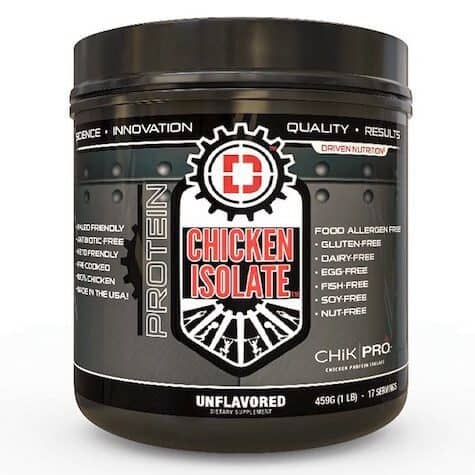
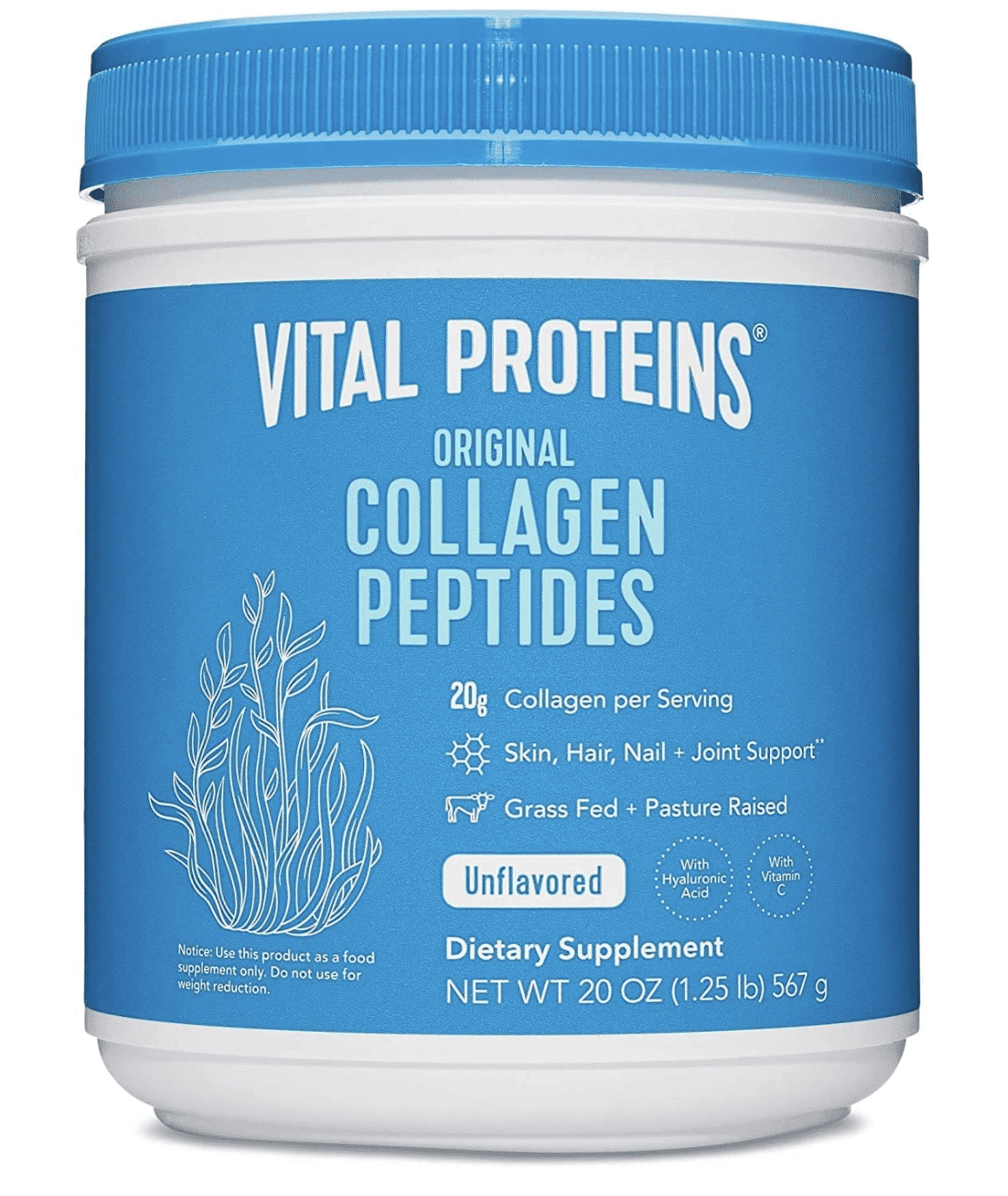
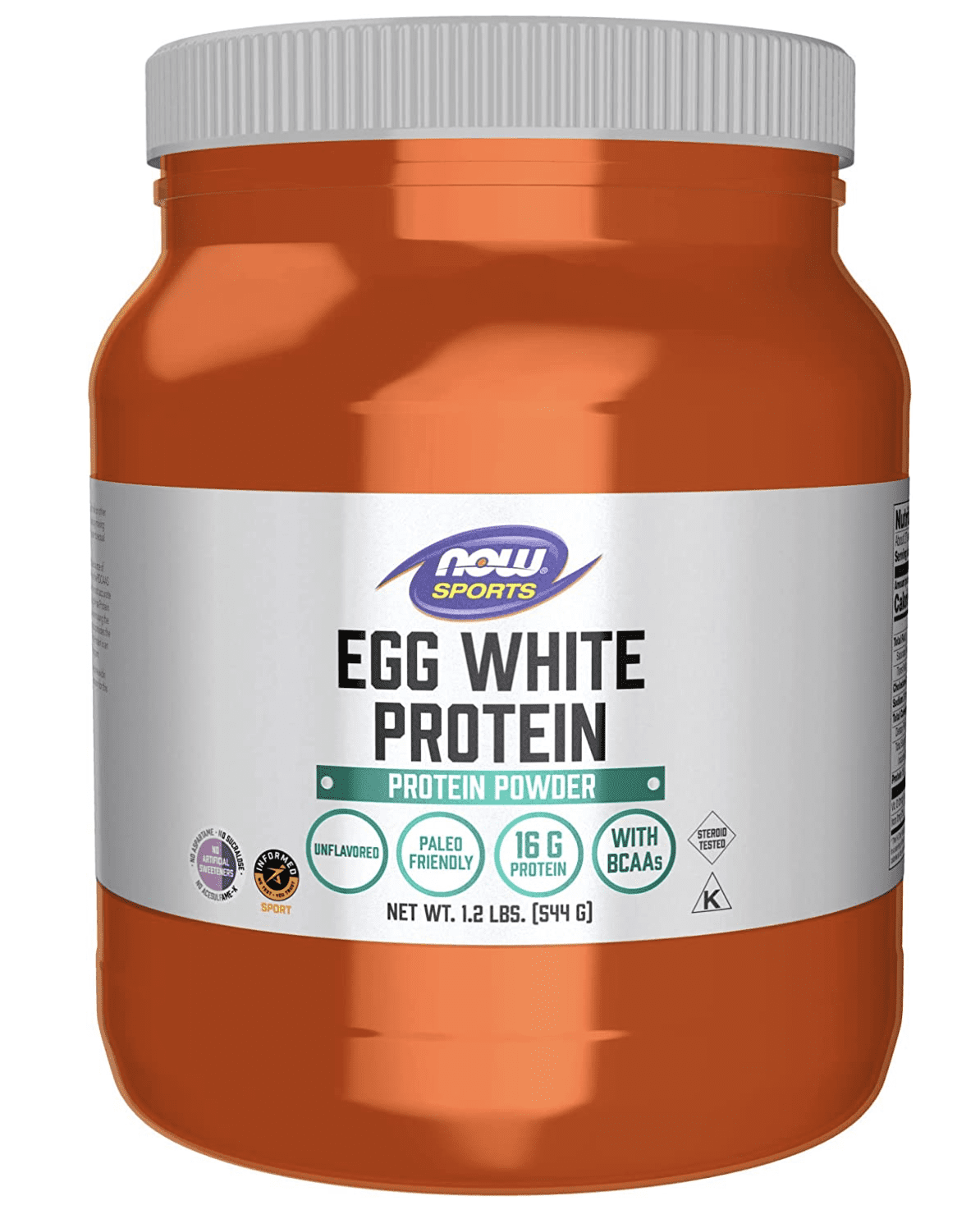
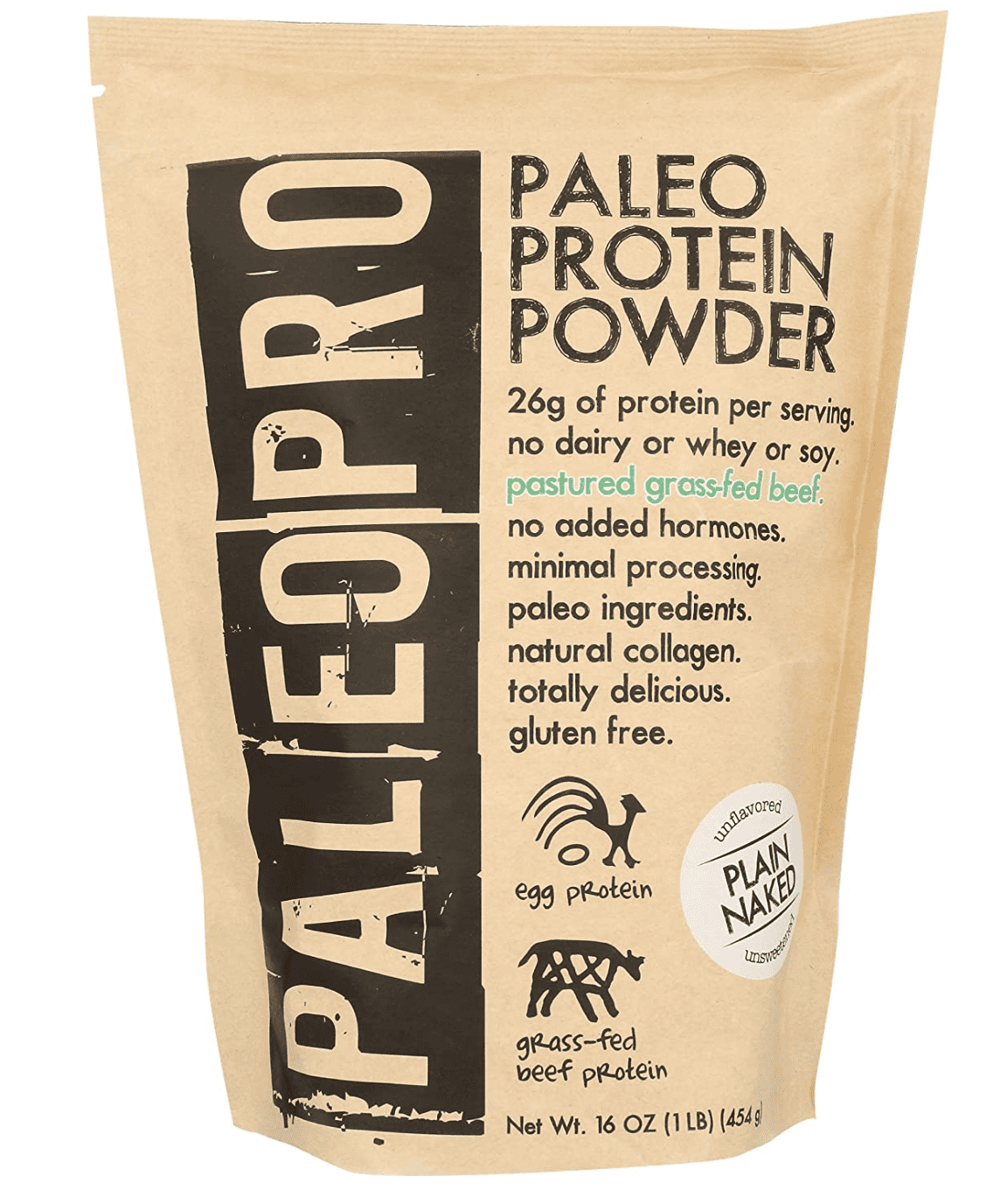
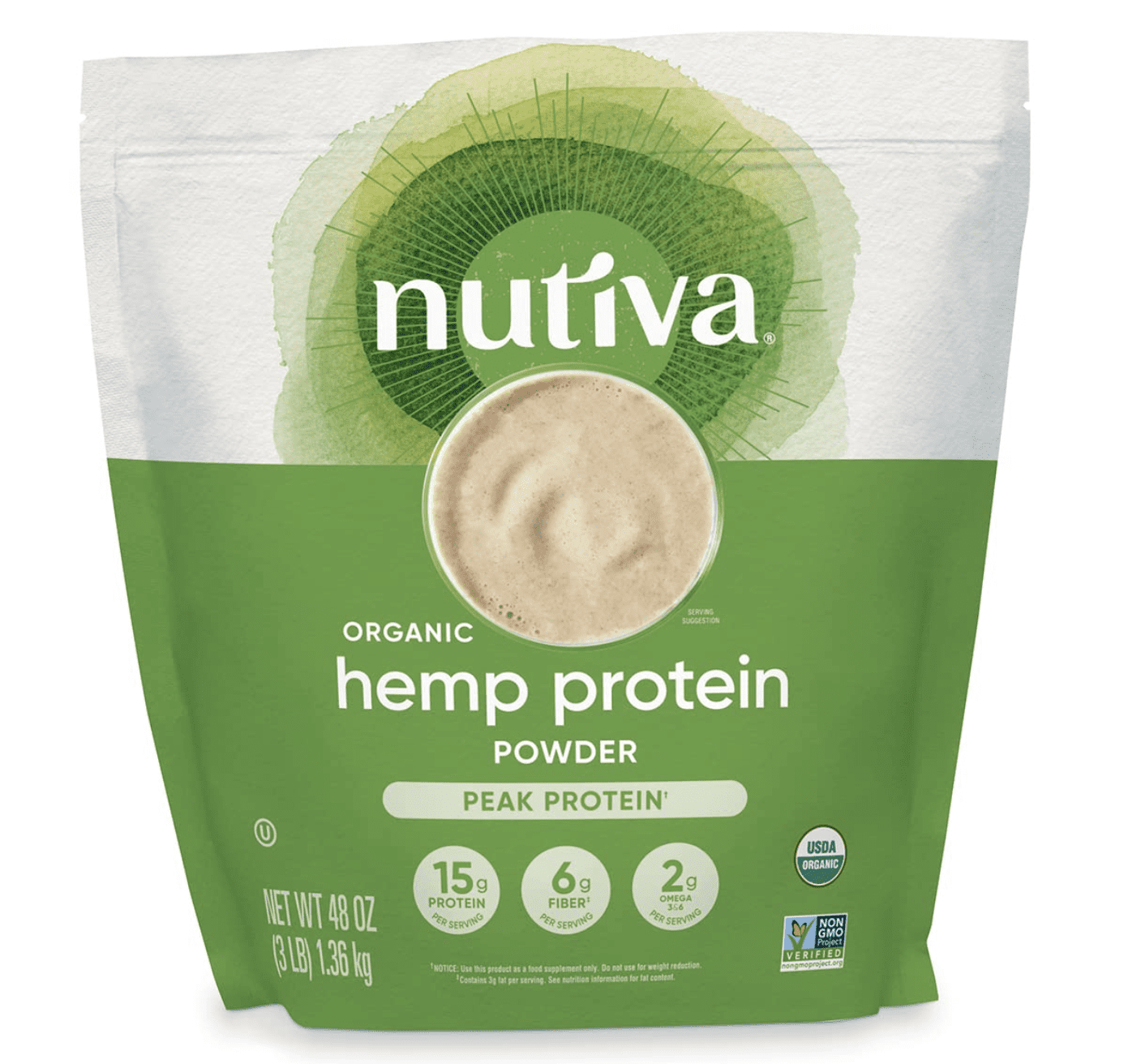
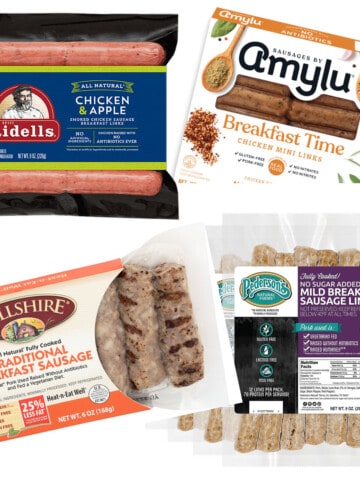
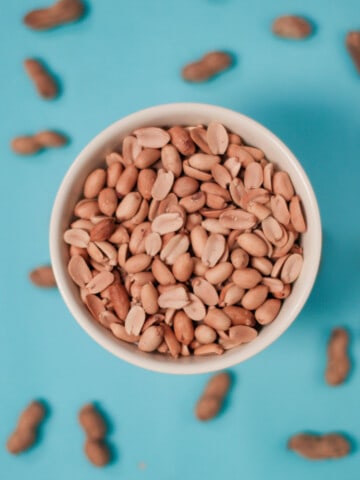
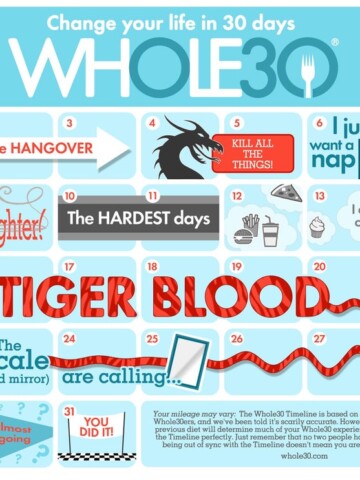
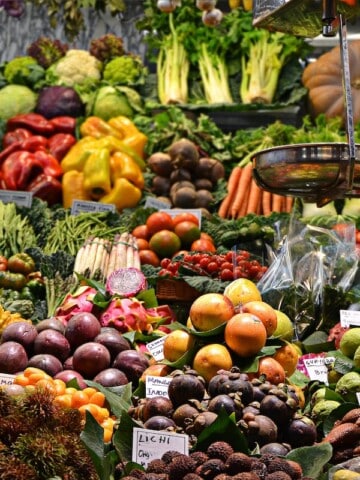
Leave a Reply